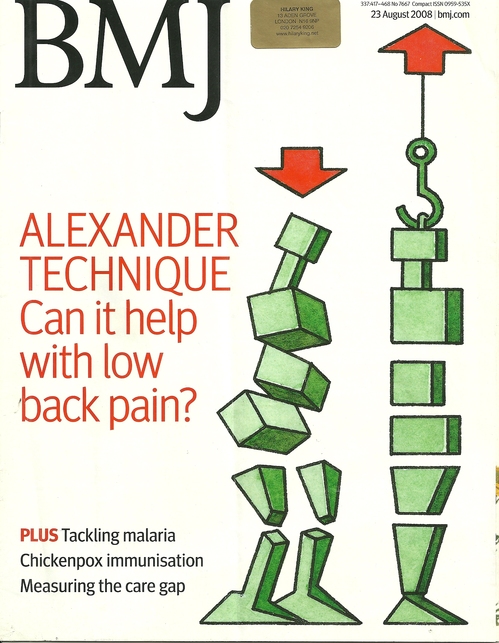Switch Off to show you care about Climate Change
27 March 8.30pm
Challenge
your habits and turn off all electrics that are not essential for one
hour. No lights, no TV, no music, no computer…. Have fun and create a different sort of evening for yourself, along with hundreds of people around the world that are joining this WWF campaign. Draw attention to the issues involved with adapting to climate
change and think about what life may be like without our familiar appliances available to us if there are power shortages in the future.
So why am I mentioning this here on my Alexander Technique Blog?
I aim to run my Alexander Technique teaching practise in an environmentally aware way and work towards being as energy efficient as I can, so this falls naturally into my field of awareness.
Also, in Alexander lessons, we are always learning how to let go of habits that don’t serve us and in many ways we all need to do exactly this – let go of many of our habits – in order to reduce our carbon footprints and energy consumption. How often do we leave the tap running, the lights on, or the the TV constantly on, just by habit, even though we are not even using them? What a waste of these valuable resources!
We can inhibit, stop these habits and make simple but important changes in our lives that will help conserve our fragile environment.
As the WWF says – Be Bright, Turn Off the Light!
Further info about WWF Earth Hour:
